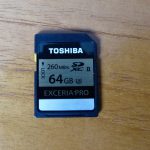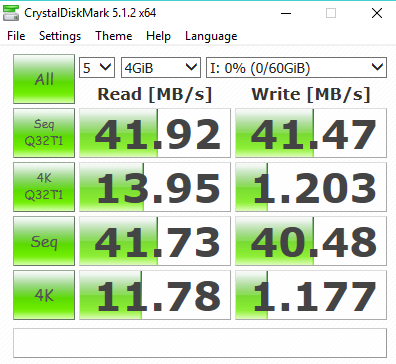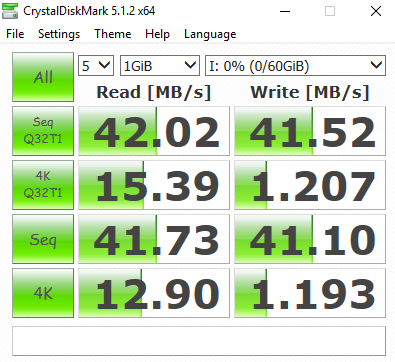Toshiba Exceria Pro UHS-II U3 SDHC review
 The Toshiba Exceria Pro UHS-II SDHC card comes with the latest of USB Bus Speed technologies built in. Notable by a new pin layout, the first-row pins are used for the normal transfer, at regular speeds alongside higher speeds and UHS-I bus interface signals, a second row of pins are used for the UHS-II signals. Their combined efforts can produce record breaking speed and earn them the title of the World’s Fastest SD Cards.
The Toshiba Exceria Pro UHS-II SDHC card comes with the latest of USB Bus Speed technologies built in. Notable by a new pin layout, the first-row pins are used for the normal transfer, at regular speeds alongside higher speeds and UHS-I bus interface signals, a second row of pins are used for the UHS-II signals. Their combined efforts can produce record breaking speed and earn them the title of the World’s Fastest SD Cards.
The Exceria Pro UHS-II has been available in 16 and 32GB capacities for some time, now Toshiba have expanded their catalogue with both 64 and 128GB options.
Toshiba claims the card can provide up to 260 MB/s read and 240 MB/s write. In addition, the card also manages 95 MB/s read and 90 MB/s write speed in UHS-I mode. By comparison, standard SD speeds are expected to be around 23 MB/s reading and writing.
Perhaps it’s Windows 10, however using newer Sandisk USB 3.0 Card reader, optimised to read UHS-II speeds I struggled to get anywhere near the speeds quoted on the packaging.
Whilst photographers rejoice in these speeds for photo and video capture, alongside a speedy transfer off the card, there are other utilities for an SD card of this nature. SD Cards are going in size and becoming massive portable storage options. Using this card in a portable Network Attached Storage (NAS) sees smooth streaming of a 1080p video to a smartphone or tablet when travelling.
The Toshiba Exceria Pro comes with a 5 year warranty and is X-ray proof ISO7816-1 compatible. And whilst the pricing isn’t the cheapest, 16GB – £38.32, 32GB – £73.58, 64 GB – £121.43, 128 GB – £241.62, Toshiba is still undercutting some of the competition from Sandisk and Lexar. Don’t forget to pick up a UHS-II SD Reader/Writer to get the most out of this, if you can.











No Trackbacks.